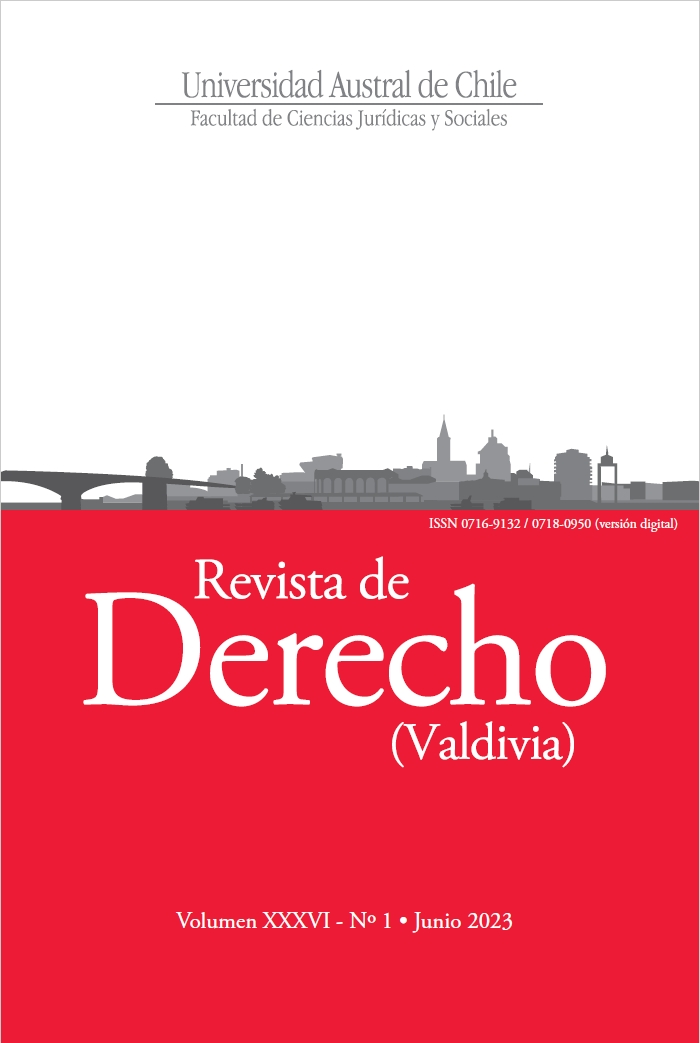Epistemology and legal regulation of proof
Main Article Content
Abstract
In the legal process, there are fewer ubiquitous cognitive problems than is often thought. Optimal fact-finding arrangements depend on a variety of factors, so that those intent on improving these arrangements face different problems in different procedural settings. In examining factors with a bearing on best fact-finding practices, the author focuses first on factors that are internal to legal culture, such as the varying profile of decision-makers, the type of proceedings, and the objectives of justice. He then explores the influence of extra-legal factors, such as the role of political ideology, governmental structure, and the general cultural context on adjudicative fact-finding. Special attention is given to the question of whether radically different cultural environments render their proof-technologies discontinuous, or incommensurable. The paper ends on a cautionary note, suggesting that the absence of a suitable taxonomy of facts subject to proof makes it very difficult to apply the insights of cognitive science to factual inquiries in adjudication.

